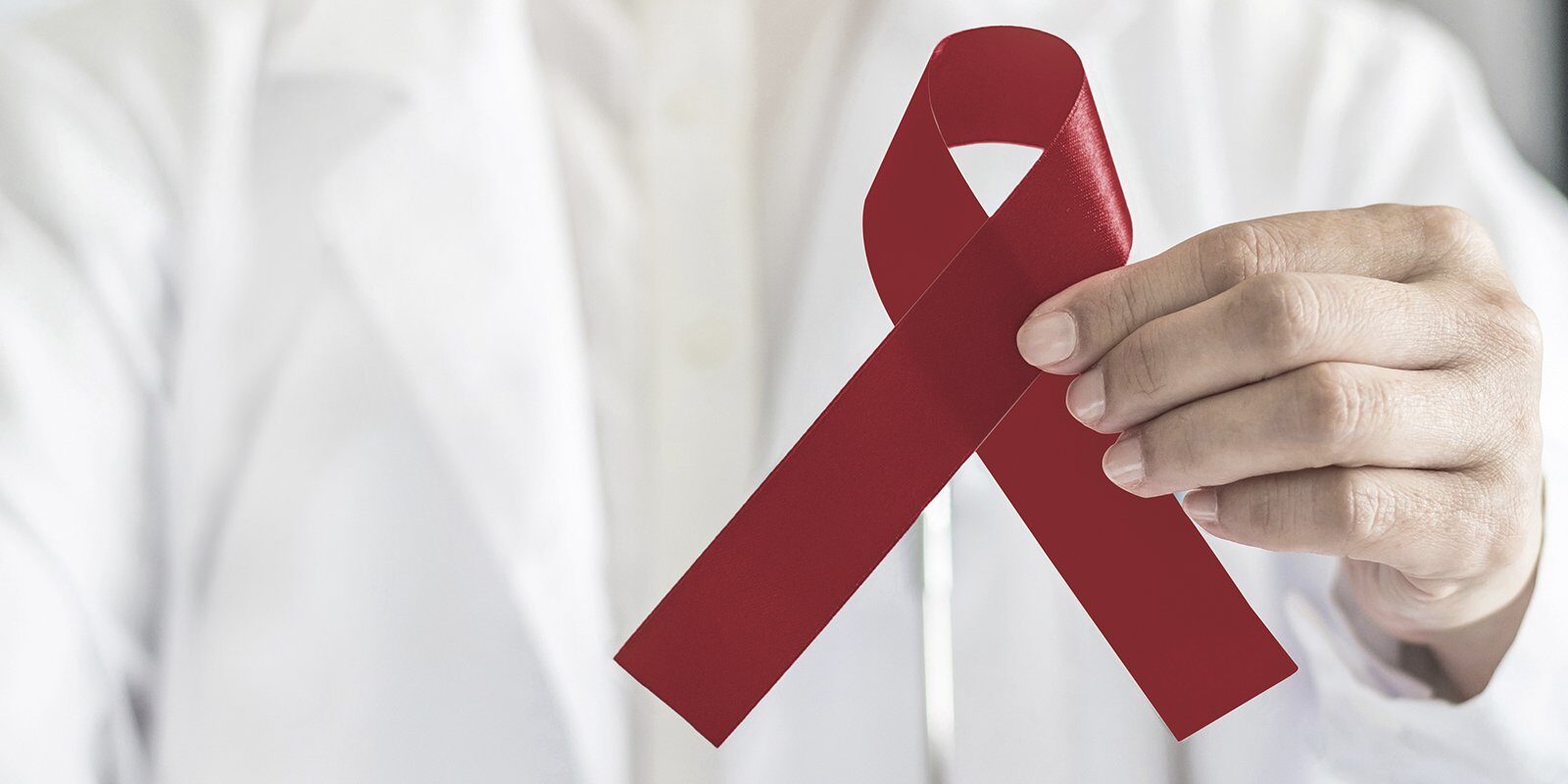After undergoing oral cancer surgery, many patients struggle with a variety of psychological and physical issues. Frequently, concerns about restoring self-assurance and a feeling of normality surface. Dr. Chirag Chamria, an expert in zygomatic implants, aesthetic dentistry, orthognathic surgery and oral cancer rehabilitation, was our source for information. He shares his knowledge and offers priceless guidance on recovering confidence and leading a fulfilled life after oral cancer surgery in this enlightening piece. Dr. Chamria covers a broad variety of crucial subjects, from describing how surgery affects speaking and eating to providing helpful advice for maintaining oral cleanliness.
Understand Emotions after Oral Cancer Surgery
The mental health of a patient is affected by oral cancer surgery in addition to its physical demands. The diagnosis itself may be devastating, leaving patients feeling fearful, apprehensive, and unsure of what lies next. Dr. Chamria stresses the need to recognise and deal with these feelings throughout the healing process.After oral cancer surgery, “patients frequently experience a range of emotions, including fear, anger, sadness, and even depression,” adds Dr. Chamria. “It’s critical to give them a safe space where they can communicate their feelings and receive the care they need.”
Dr. Chamria advises patients to seek professional therapy or join support groups to assist them in coping with the emotional effects of oral cancer surgery. These sites provide people with a secure setting where they may talk about their experiences, get emotional support, and get advice from others who have been in similar situations.
Role of a Dentist after Oral Cancer Surgery
Dr. Chamria’s contribution as a dentist is essential to the healing of patients who have had surgery for oral cancer. He stresses the need for a multidisciplinary strategy that entails working with other medical specialists, including oncologists and speech therapists. Dr. Chamria says, “Oral cancer surgery often results in abnormalities in oral function, including speaking and swallowing issues. We can create individualised rehabilitation strategies to assist patients in restoring their oral function and enhancing their quality of life by collaborating with speech therapists and other professionals.”
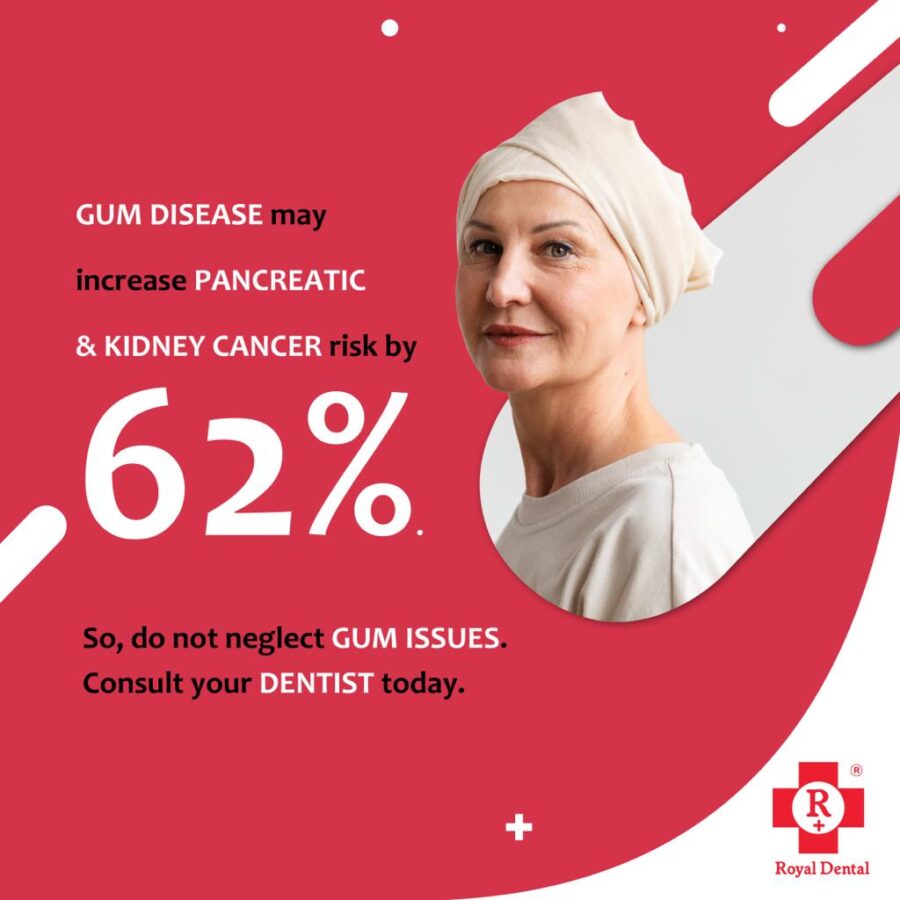
Dr. Chamria emphasizes the need for regular follow-up dental visits to keep tabs on the patient’s development and treat any potential issues. These meetings not only guarantee adequate healing but also provide patients a chance to talk about their dental health and ask advice on how to practice good oral hygiene after surgery.
Insights from Dr. Chirag Chamria on Oral Cancer Surgery
It might be difficult to regain confidence following oral cancer surgery. Dr. Chirag Chamria offers his professional advice on how patients may regain self-confidence and enjoy life following surgery.
Recognizing the New Normal Patients are advised by Dr. Chamria to adapt to the alterations brought on by oral cancer surgery. “It’s important to realize that your appearance and oral function may change after surgery,” he advises. By embracing these changes, you may concentrate on adjusting and discovering fresh avenues for leading a happy life.
Dr. Chamria advises patients to seek the assistance of experts who can provide specialized advice and support, such as speech therapists or psychologists. These professionals can assist patients in overcoming speech or swallowing issues as well as any emotional troubles they may be having.
Regaining confidence may be made much easier by getting in touch with others who have experienced similar things. Dr. Chamria advises people to join support groups or online forums where they may discuss their experiences, seek encouragement, and trade information.
Following surgery, rehabilitation is essential for restoring oral function. According to Dr. Chamria, patients’ confidence and general wellbeing may be greatly increased by speech therapy, dental prostheses, and other rehabilitation choices.
Maintaining good oral hygiene is important for everyone, but it is especially important for those who have had oral cancer surgery. Dr. Chamria emphasizes the need for consistent brushing, flossing, and mouthwash use to stave against infections and preserve dental health.
Tips for Oral Care Post Oral Cancer Surgery
For those who have had surgery for oral cancer, maintaining good oral hygiene is crucial. Dr. Chamria offers some useful advice to patients to help them maintain their dental health after surgery.
Follow Post-Operative Care Instructions: Adhere to the guidelines provided by your dental team for post-operative care. This includes proper wound care, medication schedules, and follow-up appointments.
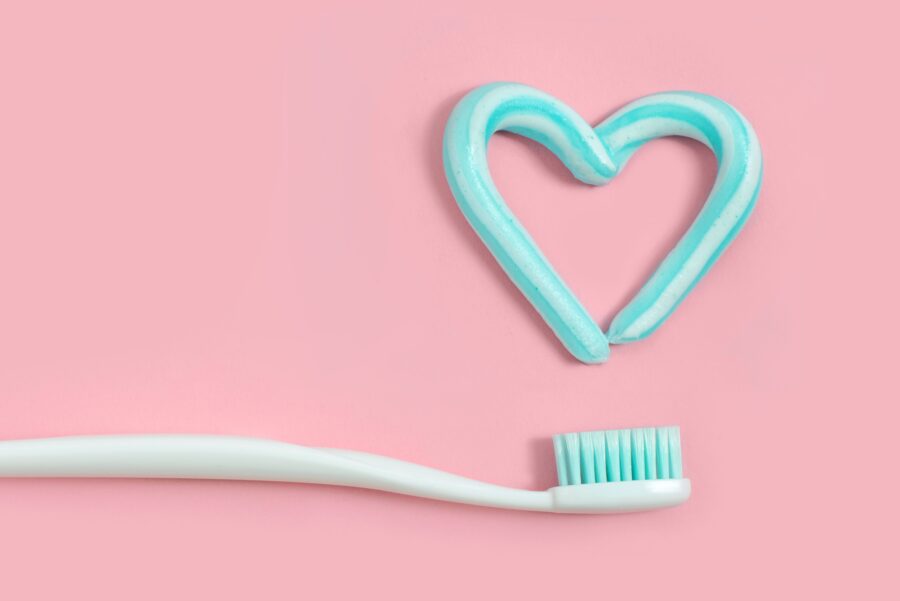
Brushing Regularly: Brush your teeth gently in circular strokes with a soft-bristled toothbrush. The surgery site and any other locations that can be sensitive or uncomfortable want extra care. Brush twice a day at the very least, ideally right after meals.
Maintain Oral Hygiene: When flossing, take care to avoid the surgery site. If flossing is difficult for you, you may want to use interdental brushes or water flossers instead.
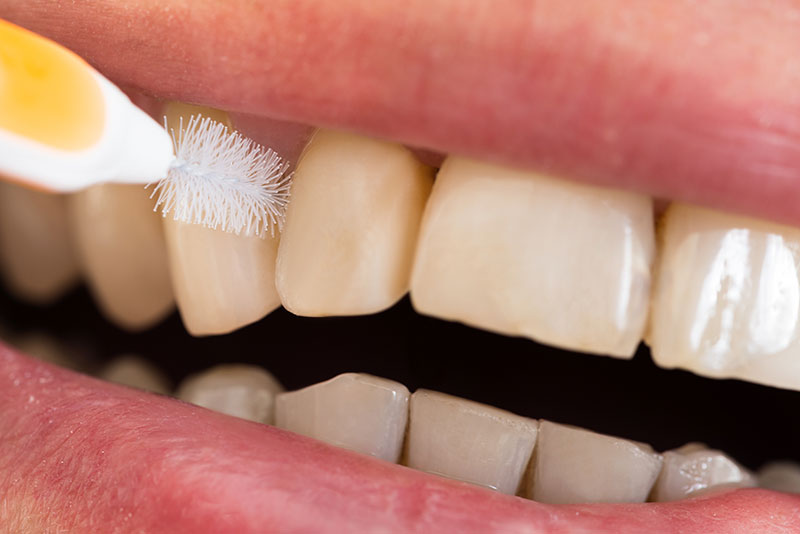
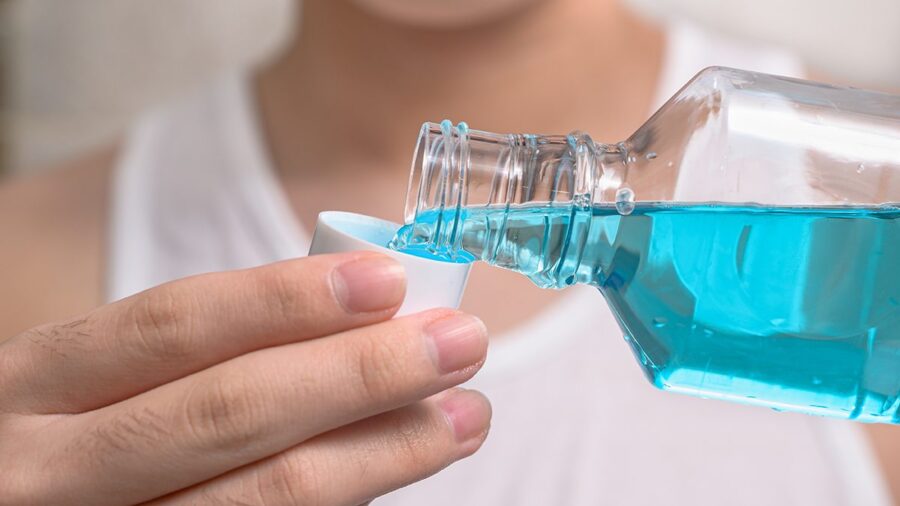
Stay Hydrated: After meals or as directed by your dentist, rinse your mouth with a gentle saltwater solution. Keep yourself hydrated.
Nutritional Support: Avoid smoking, drinking. Also avoid eating anything that is spicy or acidic since they might irritate the surgery site and slow recovery.

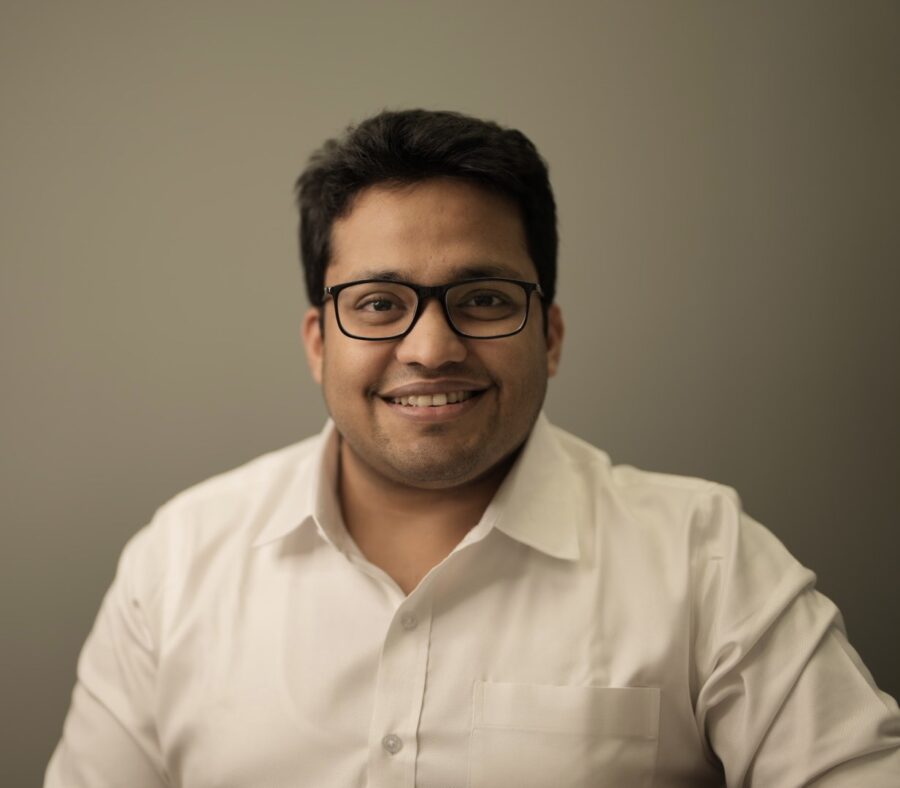
Schedule regular dental examinations with your dentist to keep an eye on your oral health, spot problems as they arise, and get advice on how to practice good oral hygiene.
Rehabilitation Option for Speech & Eat Difficulties
Due to changes in the muscles and oral cavity after oral cancer surgery, speaking and swallowing problems are often a result. According to Dr. Chamria, patients may greatly enhance these functions and restore their confidence with the aid of rehabilitation methods.
Having a speech therapist at their side might help patients communicate more effectively and with more clarity. Speech therapy aims to improve speech function by strengthening the muscles involved in speech production via focused exercises and methods.
Dental prostheses may be advised to restore oral function, depending on the degree of the oral surgery. These include dentures, dental implants, and other specialized devices. By helping with eating, speaking, and swallowing, these prostheses may enhance a person’s overall quality of life.
Dysphagia, or problems swallowing, may be treated by swallowing treatment. The goals of this treatment are to strengthen the muscles used for swallowing, enhance coordination, and lower the risk of aspiration.
Support Groups for Oral Cancer Surgery Recovery
People who have had oral cancer surgery might greatly benefit from support groups and other services. Dr. Chamria emphasises the value of interacting with others who have experienced similar things and provides some beneficial resources to take into consideration.
Oral Cancer Foundation: The Oral Cancer Foundation offers resources, information, and support to those with oral cancer and those who have already battled the disease. Their website provides access to support groups, educational resources, and victim stories.
Cancer Support Community: To assist anyone impacted by cancer, particularly oral cancer, the Cancer Support Community provides a range of services and initiatives. Their educational materials, counseling services, and online support groups might be helpful throughout the healing process.
Local Support Groups: For those healing from oral cancer surgery, there are several local support groups. These organizations provide a forum for exchanging experiences, asking for guidance, and receiving emotional support from others who are familiar with the difficulties personally.
Conclusion
It is surely a difficult process to regain self-esteem and a feeling of normality following mouth cancer surgery. However, people may regain their self-esteem and live life to the fullest with the help of medical specialists, rehabilitation choices, and a strong support system.
Dr. Chirag Chamria’s professional views illuminate the psychological effects of oral cancer surgery and provide helpful suggestions for recovering confidence. Every action performed in the direction of recovery takes people closer to living fulfilled lives, from practicing good dental hygiene to investigating rehabilitation possibilities.
Keep in mind that you are not traveling alone. Speak with experts like Dr. Chamria, become involved in support networks, and surround yourself with people who will be there for you. Together, we can overcome the difficulties and confidently and resolutely embrace life after oral cancer surgery.

